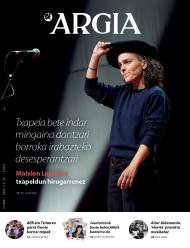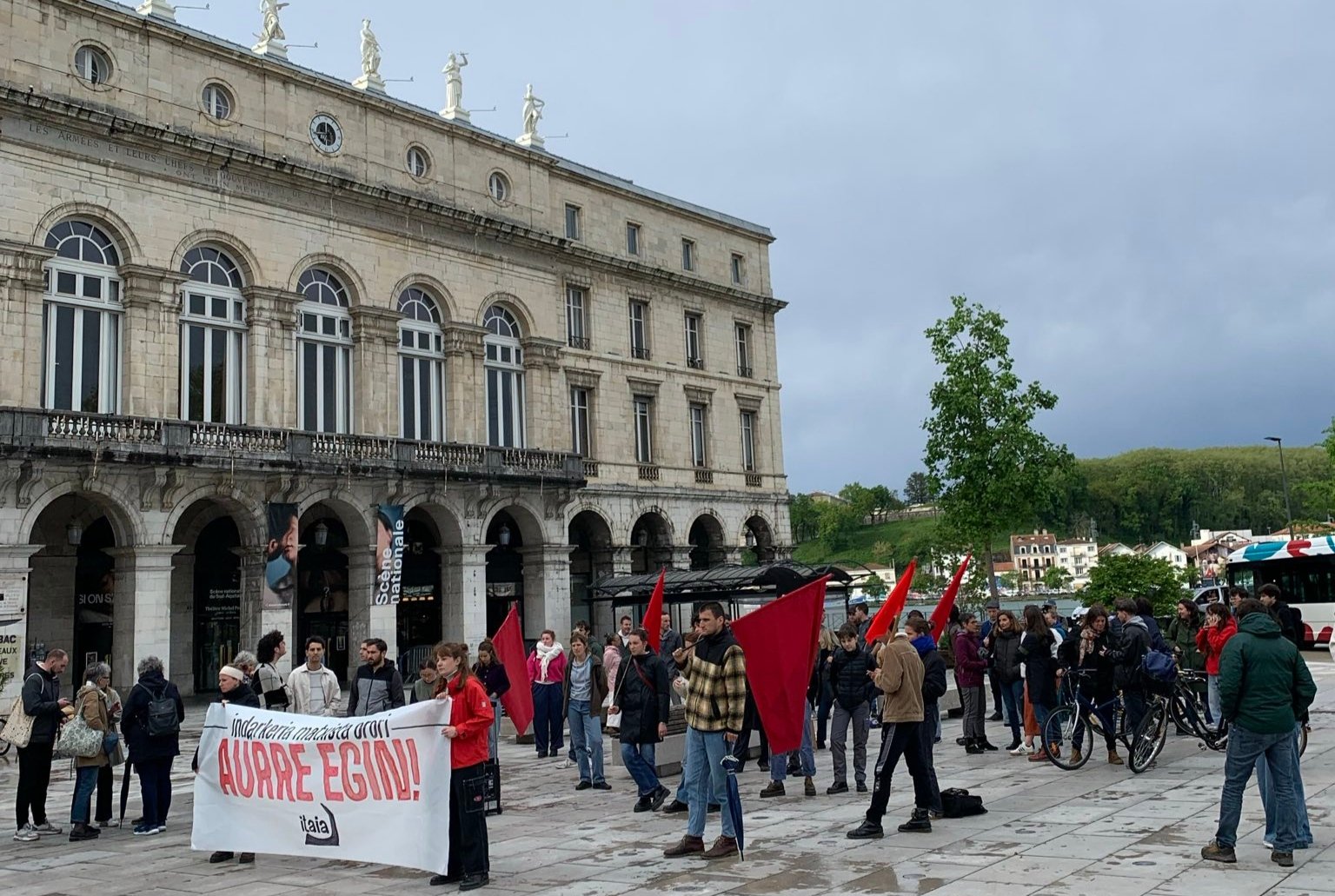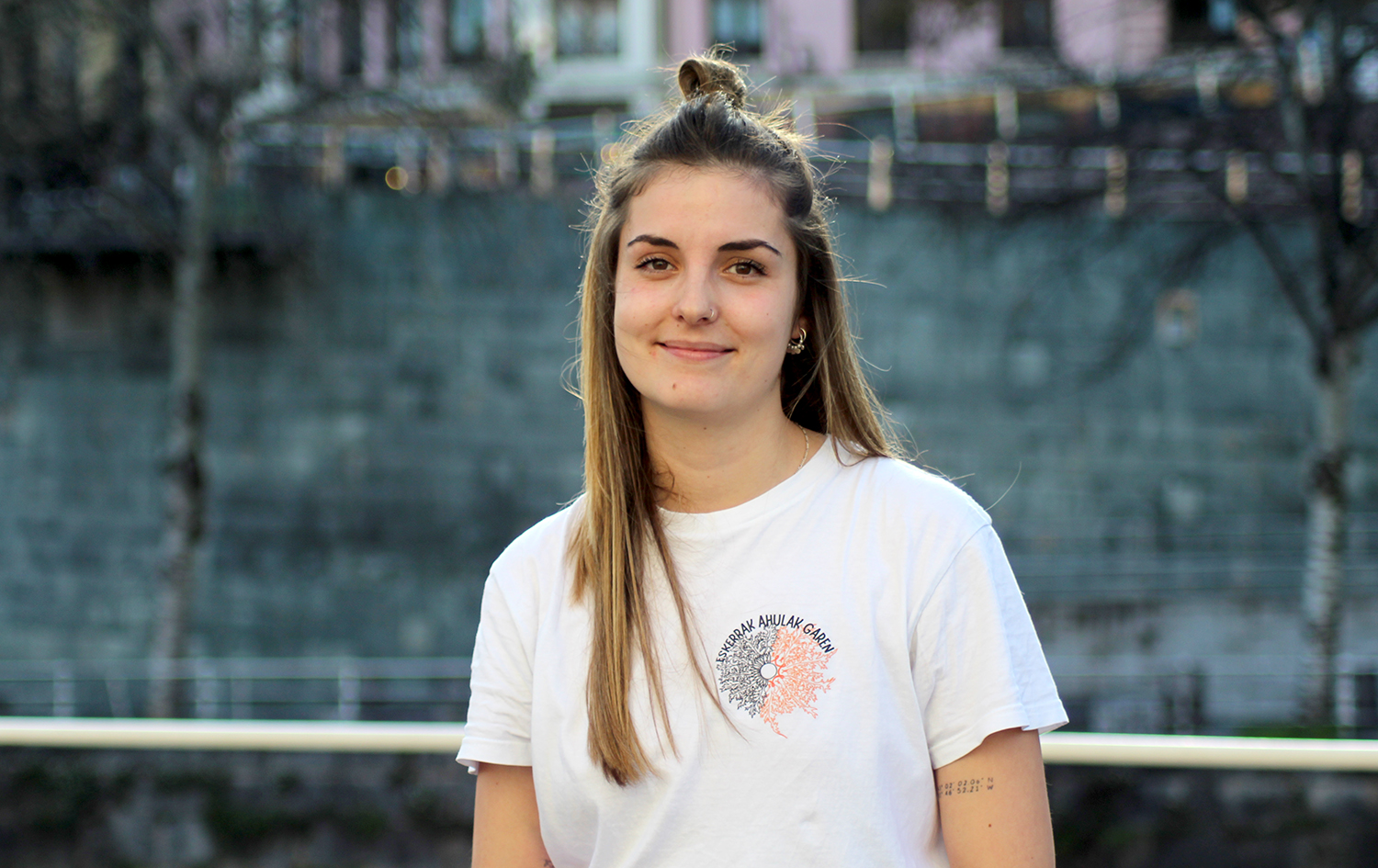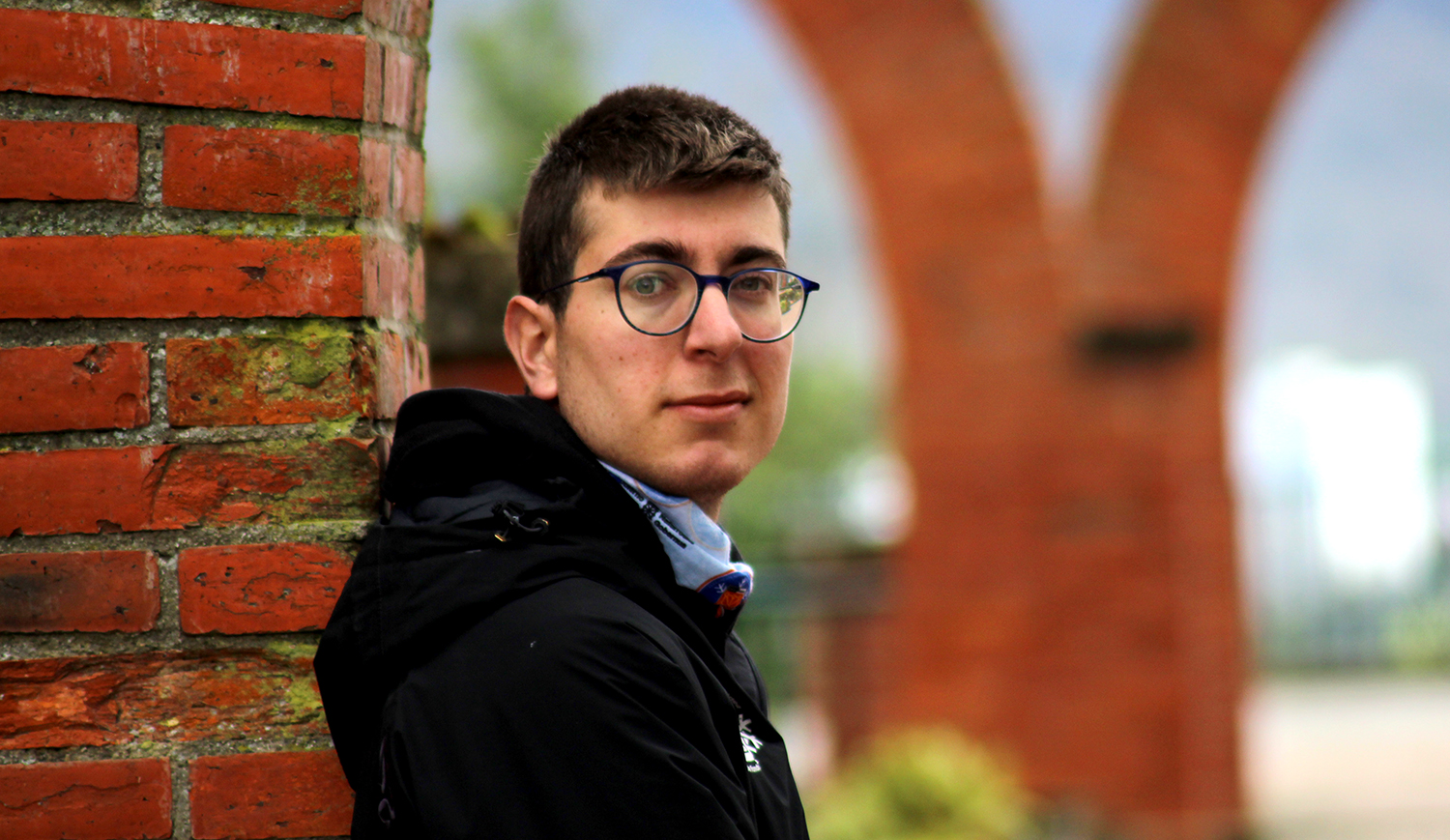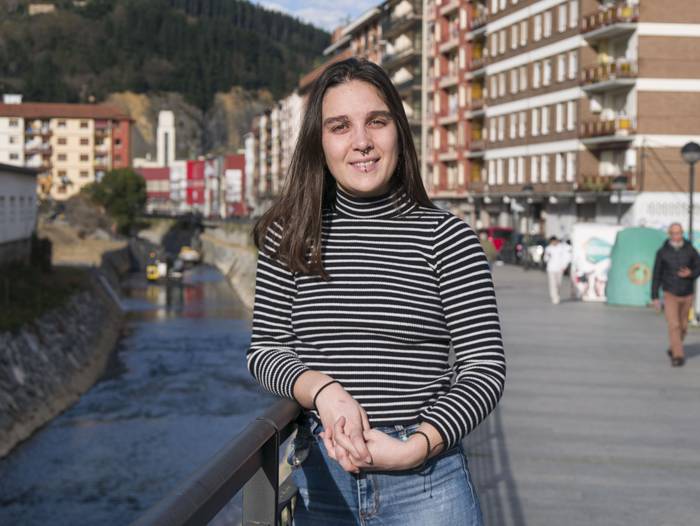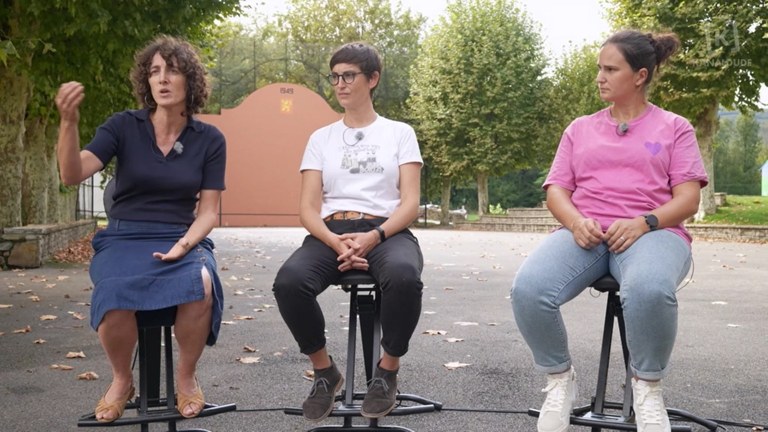“We fight violence by claiming the history of women”
- Mabel Rodríguez (Sabadell, 1989) is a militant of eleven fights. He studied Sociology at the Autonomous University of Barcelona and is an expert in feminism and gender. We have interviewed the Puntes Rebels association and the calendar of its fifth edition.
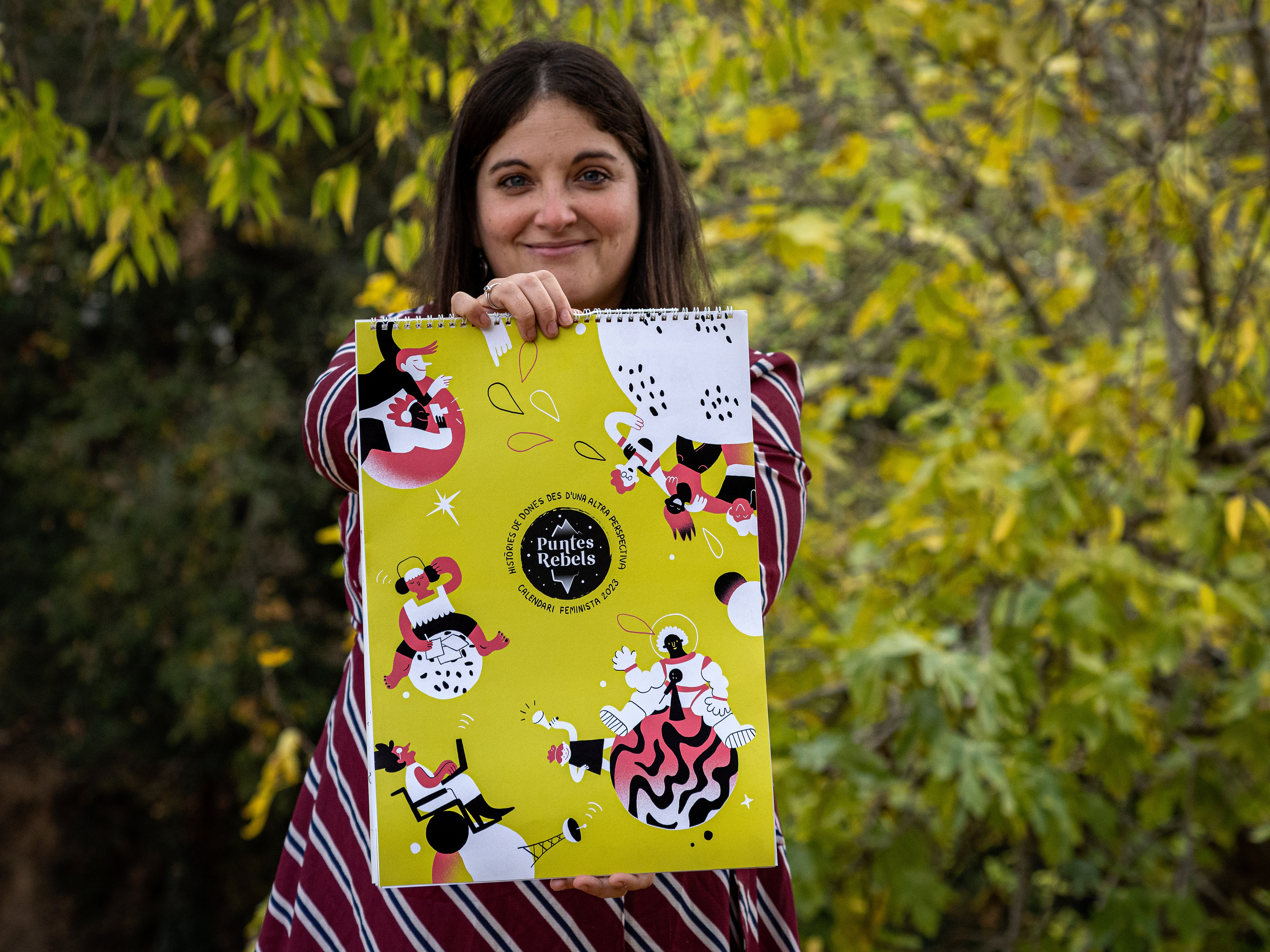
When and how does Puntes Rebels emerge?
In 2016, Judit Carcolse and Laia Ramiro, through the creative laboratory La Monda Lironda, created the 2016 Women’s Calendar, at the request of the City Council of Sabadell. The next year, a lot of people asked if it would happen again and decided to do it on their own. The first edition was that of 2019, with the premise that “they demanded that women who have had influence in our lives by participating in a historically masculine space.”
You first participated in the spring of 2019.
Yes, on the second calendar. At that time I thought that political parties were safe spaces of militancy in feminism. And I represented Clara Campoamor. It was the second of the Front Republicà coalition that was presented to the Congress of Deputies in Spain. I thought that, being a woman who had met the challenge of female suffrage, she was admirable and deserved a claim. Participating in the Puntes Rebels project, at the time when I felt a disappointment with institutional policy, was a savior. Until then, I didn't know that the same structure was a feminist. Puntes Rebels is a feminist network in which women are leaders, but men also collaborate. In it we create special bonds where feeling, care and conciliation have room.
He says they make a representation on the calendar. What is it about?
Each participant conducts a bibliographical research on a reference. This journey of history helps the participant to get into the skin of the woman he represents and to reflect on her. It is a nice process. In this way, at the moment we take the photograph of the calendar, the participant restores beyond that static moment. It's a really cool piece. Today, over 90 people work as volunteers.
"Making women invisible is also a structural violence against women, and as it happens unconsciously, it is difficult to perceive it as violence"
Last year you also created a podcast.
Yes, when we were thinking about a different initiative to present the calendar, it was possible to make a live recorded podcast by the local radio Ràdio Sabadell. The experience was a success and we started recording a session in the month, reviewing the calendar of that month. In 2022, we expanded the monthly biography of women in the podcast.
And will it continue in 2023?
Yes, but it will have some change. Because we realized that tertulia was the one that aroused most interest. Therefore, from now on the podcast begins to have its own personality and, beyond the months of the calendar and the women represented, we will delve into social and current issues, with or without direct relationship with the woman of the month.
The calendar is for sale at 80 different points in Spain. What has that growth been like?
We do not believe yet! In the second edition we decided to publish the calendar in all minority languages of Spain, along with Spanish. This allowed more outlets to be expanded. Likewise, the participants of each edition do a great job of finding points of sale in their respective territories.

This year, for the first time, you have collaborated with Pikara Magazine. How did it happen?
Our schedule is solidarity: all benefits go directly
a feminist project. Each year we make a call for team members to make their proposals and a vote is made to choose the winner. It was the first time he introduced himself to Pikara Magazine and won. We knew it before, however, because it was also a point of sale in our country.
In the 2023 edition you wanted to visualize the memory of the silenced women. Why?
The invisibilization of women is also a structural violence against women, and as occurs unconsciously, their perception as violence remains difficult. Here we wanted to focus: not making them see and not naming women means that they do not exist, and therefore we fight against this violence claiming the name and history of women.
By the end of December you will be in the Basque Country presenting the timetable. What do you think?
On 29 December, in the afternoon, we will present the calendar together with Pikara Magazine in Bilbao. Through this event we will be able to explain our project. It makes us so excited to have a corner in Euskal Herria. Since 2020 we have published the calendar in Catalan, Spanish, Galician and Basque. Betting on minority languages. And this year we wanted to make a gesture to the Basque Country, putting on all the calendars the names of the months also in Basque.
Professional serving the neighborhood
“I met feminism at the university time, then I did many formations in feminism and gender through conferences and conferences. Consequently, my demands were soft, partisan. She practiced an absolutely direct, noisy feminism that drank from the feminism of the second wave and that measured the main struggle with the presence of women in the labor market. Then motherhood changed all the values. After many years of speeches that advocated motherhood as a setback for women, I realized that caring for a child was the most revolutionary and feminist thing I'd ever lived to rely on their well-being and education. The system is one that suffers an unnatural setback by not focusing on it.”
Many Basque feminists have been disappointed to learn that writer Chimamanda Ngozi Adichie has externalized pregnancy, meaning that a surrogate has fertilized her baby for money.Adichie is the author of the essay We should all be feminists, among others. They have ignored the... [+]
Indartsua, irribarretsua eta oso langilea. Helburu pila bat ditu esku artean, eta ideia bat okurritzen zaionean buru-belarri aritzen da horretan. Horiek dira Ainhoa Jungitu (Urduña, Bizkaia, 1998) deskribatzen duten zenbait ezaugarri. 2023an esklerosi anizkoitza... [+]
Gozamen aparta bezain deskribatzeko zaila dakar, norbaiten hitzak irakurri edo entzun ostean, zera pentsatzeak: “Horixe zen neu aurreko hartan azaltzen saiatu nintzena!”. Idazlea eta itzultzailea da María Reimóndez, eta galegoz aritzen da, hizkuntza... [+]
Orain arte desgaituak ez diren pertsonekin lehiatu da Uharteko Ipar Eski Taldeko Eneko Leyun eskiatzailea (Iruñea, 1998). 2024-2025 denboraldian, lehenengo aldiz parte hartu du Adimen Urritasuna duten Pertsonentzako Iraupeneko Eskiko Espainiako Txapelketan. Urrezko... [+]
Joan den urte hondarrean atera da L'affaire Ange Soleil, le dépeceur d'Aubervilliers (Ange Soleil afera, Aubervilliers-ko puskatzailea) eleberria, Christelle Lozère-k idatzia. Lozère da artearen historiako irakasle bakarra Antilletako... [+]
Endometriosiaren Nazioarteko Eguna izan zen, martxoak 14a. AINTZANE CUADRA MARIGORTAri (Amurrio, 1995) gaixotasun hori diagnostikatu zioten urtarrilean, lehen sintomak duela lau urte nabaritzen hasi zen arren. Gaitz horri ikusgarritasuna ematearen beharraz mintzatu da.
Duela aste batzuk, gurean egon ziren El Salvadorko eta Kanarietako emakumeen eskubideen aldeko hainbat aktibista. Sexu- eta ugalketa-eskubideez eta eskubide horiek urratzeak emakumeengan dituen ondorioez aritu gara; hala nola El Salvadorren berezko abortuak izanda homizidio... [+]
Zuberoako ohiturei buruzko bi liburu ditut gogoan. Batek XX. mendean aritu izan diren 180 dantzari eta soinulari aipatzen ditu. Haien artean, emakumezkorik ez da agertzen. Besteak, pastoralei egiten die errepasoa eta hor emakumeak aipatu aipatzen dira, baina omisio esanguratsuak... [+]









